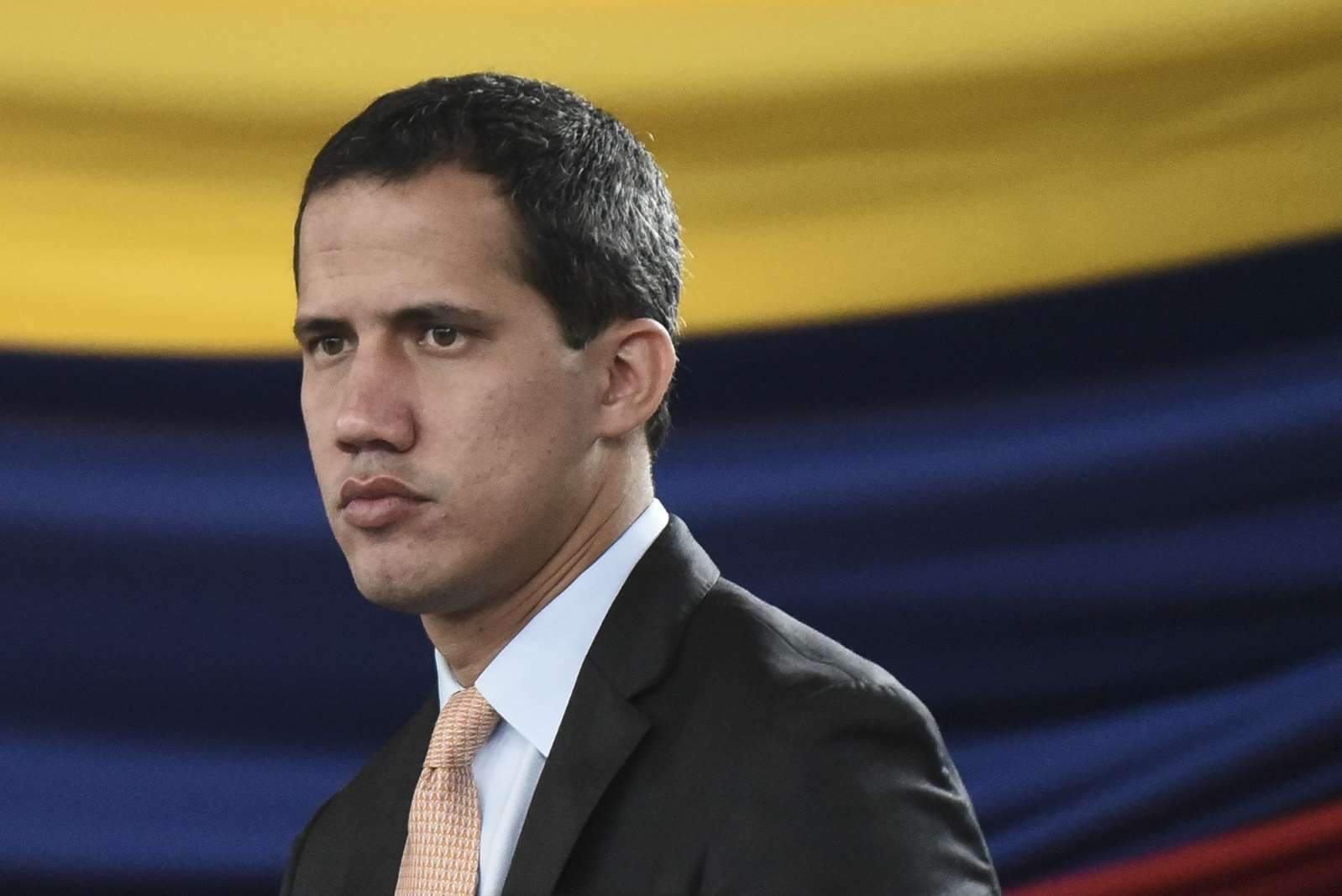Guaido Meets Pompeo in Renewed Push to Oust Venezuela’s Maduro

(Bloomberg) -- Venezuelan opposition leader Juan Guaido met with U.S. Secretary of State Mike Pompeo in Bogota and will later head to the World Economic Forum in Davos, as he rallies international backing for his campaign to oust President Nicolas Maduro.
In Colombia, Guaido also received the renewed support of President Ivan Duque during a meeting Sunday at the presidential palace. On Monday, they visited a memorial service honoring the victims of a Bogota car bombing, accompanied by Pompeo.
Venezuela is a “failed state”, Pompeo told reporters after meeting Guaido, reiterating that the U.S. is working with its allies to oust Maduro.
“I’ve heard this idea that we’ve underestimated Maduro. What’s been underestimated is the desire for freedom that rests in the hearts of the Venezuelan people,” he said. “We are collectively — the Europeans, the other countries in South America, the United States are determined to deliver that outcome for the people of Venezuela.”
While more than 50 countries recognize Guaido as the legitimate president of Venezuela, he has struggled to translate that support into concrete gains against Maduro and a regime that remains solidly entrenched. Last April, he tried to lead an uprising against Maduro’s government which failed after most of the armed forces refused to join.
Venezuela now resembles war-torn Syria more than it does its Cuban ally, Guaido told reporters at the Colombian capital.
U.S. Talks
This is the second time Guaido defies a Venezuelan travel ban to leave his country, and potentially faces arrest when he returns from his first foreign trip since last March.
In Davos, Guaido hopes to meet with U.S. President Donald Trump and Emmanuel Macron from France, but those meetings are still unconfirmed, according to people familiar with his plans. After the forum in the Swiss Alps, he goes to Brussels to visit the Inter-Parliamentary Union, a global organization of national parliaments.
In a rare interview published by the Washington Post over the weekend, Maduro called for direct talks with the U.S. and said Pompeo was among those giving Trump bad advice.
To contact the reporters on this story: Kevin Cirilli in Washington at kcirilli@bloomberg.net;Oscar Medina in Bogota at omedinacruz@bloomberg.net
To contact the editors responsible for this story: Juan Pablo Spinetto at jspinetto@bloomberg.net, Matthew Bristow.
Photo: © Bloomberg Juan Guaido, president of the National Assembly who swore himself in as the leader of Venezuela, attends a session of the National Assembly held in a public amphitheater in El Hatillo, Venezuela, on Wednesday, Jan. 15, 2019. .











